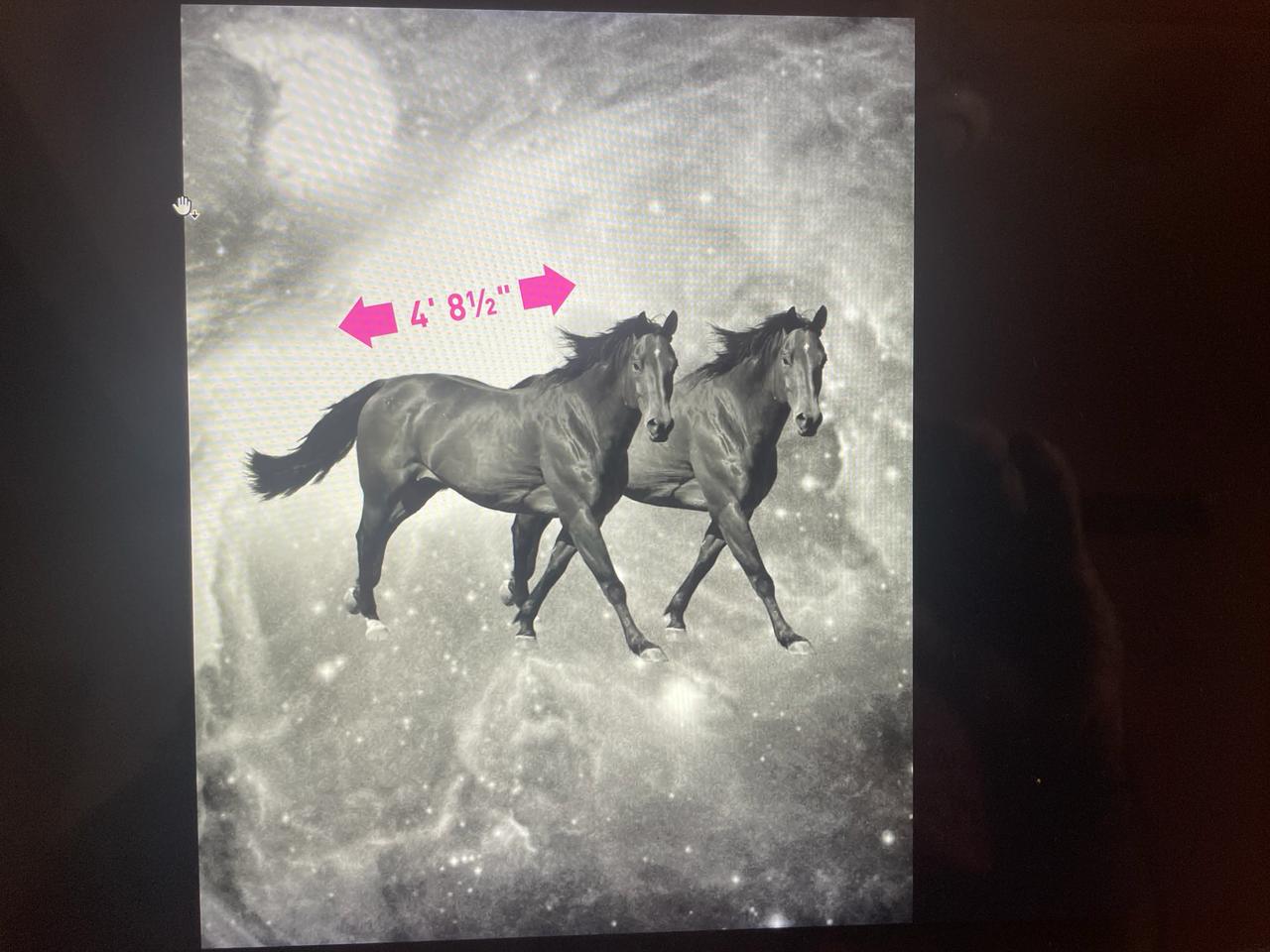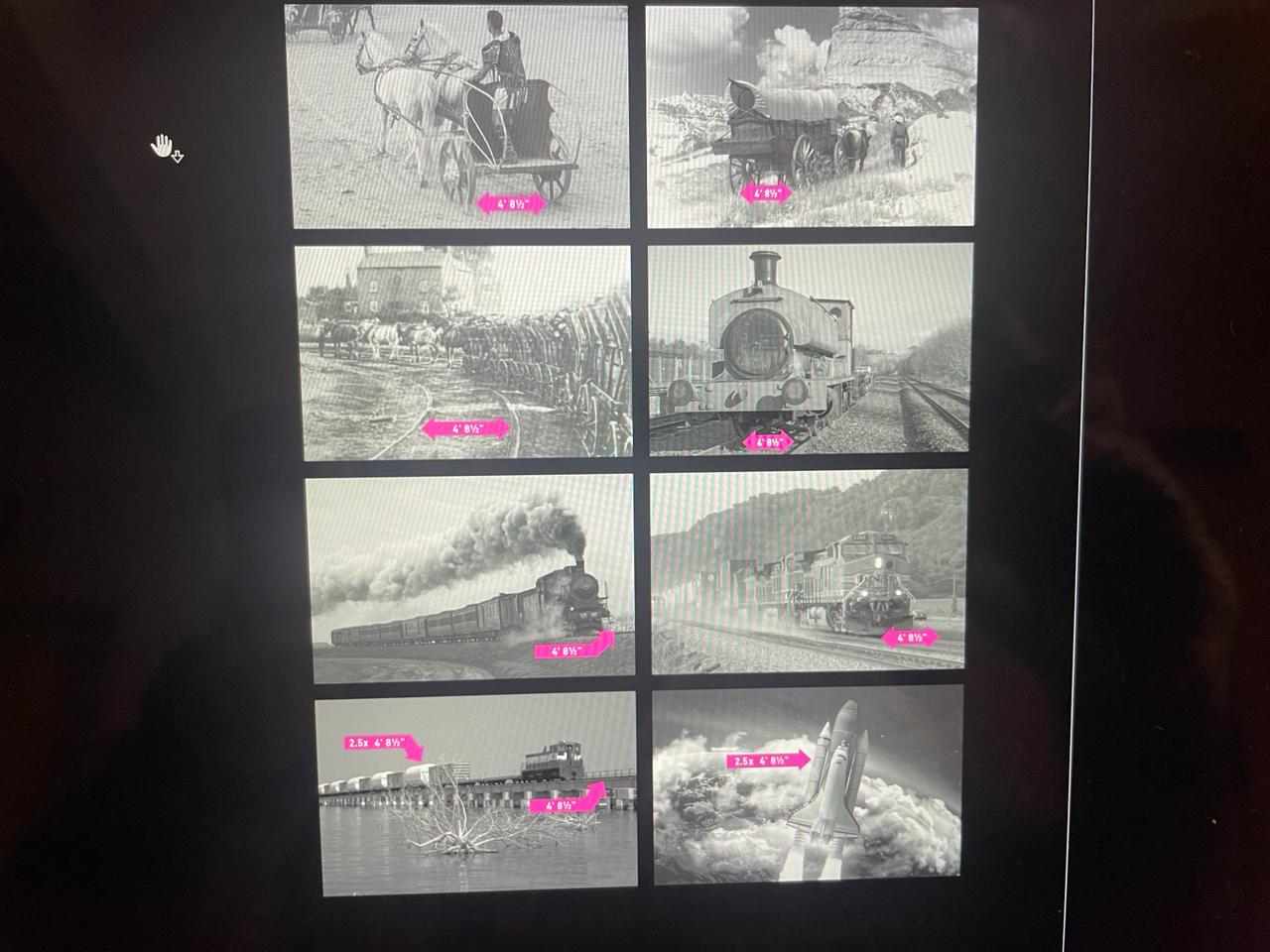We are over protective of our lineage, of our past and what has transpired. We are over dependent on past decisions than we would like to think or admit. Attribute it to the trap of what Nobel Laureate Daniel Kahneman articulated in his seminal book ” Thinking Fast And Slow ” of System 1 and System 2 Thinking. System 1 thinking is a near-instantaneous process; it happens automatically, intuitively, and with little effort. It’s driven by instinct and our experiences.


Begrudgingly we must acknowledge that NASA is the epitome of ultra progressive, non linear, uber innovative thinking. That said, it is intriguing to note that NASA’s Solid Rocket Boosters were designed using a 4 Feet & 8.5 Inches width. What sets the cat amongst the pigeons is that this is the exact width( 4 Feet & 8.5 Inches) used during the Roman Empire when they patrolled the vast amount of land under their control using their two-horse Roman War Chariots.
If you go back in time, the obsession with the 4 Feet & 8.5 Inches width applied to trains, wagons, tractors and what have you. Today we have trains running at well over 350 kmph, but we still have tracks the width of which were determined by what was prevalent in the two-horse Roman War Chariots.

We have scaled the zenith of space technology. Yet, what seems ridiculous is the fact that in each incremental decision people have weighed the options available and then decided to simply stick with what was there before. In other words, they stayed caught in a groove. The path of least resistance.
The takeaway is that we are more dependent on our past decisions than we would like to think or admit. Once a path is set, we often walk down it blindly, failing to question why it was put there in the first place and whether a better path might exist.
If you want to create the future, you need to dodge the traps keeping you fixated on the path that you are already on.
